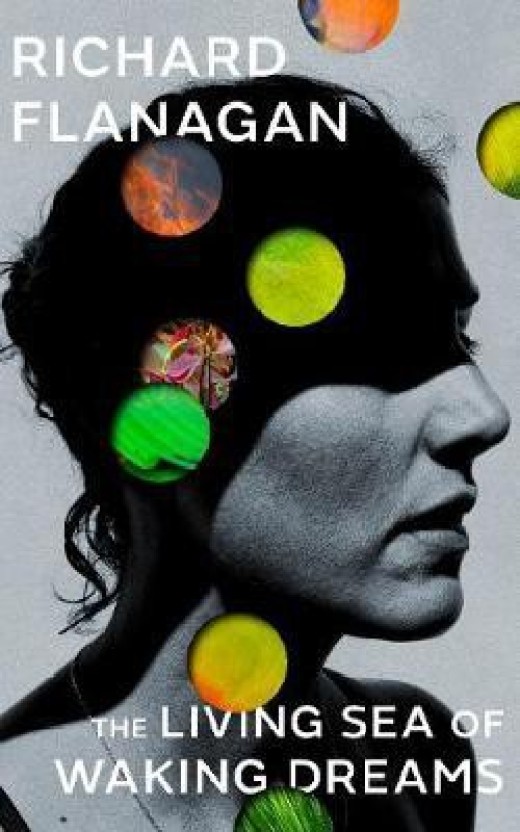
Anna waits for people to notice that she is disappearing. Its artistic problem is that layered into it is Anna’s conviction that she herself is vanishing, losing first a finger, then a knee in an extended metaphor that, true to the tropes of magic realism, drives inexorably towards parrots: specifically, orange-bellied ones that are disappearing in Tasmania, thanks to the destruction of their habitat. Written with Flanagan’s characteristic mix of humanism and emotional insight, this uneven novel could have been powerful and moving. Even though she begs to be allowed to die, they choose to save her from death ‘only by infinitely prolonging her dying’. He is powerless to protest effectively, but the fear of being thought ‘a bad person’ makes Anna and Terzo insist that their mother be kept artificially alive. The only member of her family to give Francie genuine love and compassion is Tommy, her stammering, chaotic, emotionally damaged son. Her ‘waking dreams’ of the past are vivid, even when cut off from the beauty of the natural world she loves, and are an embarrassment to her more sophisticated children. Already bereaved, they carry a burden of guilt that will be familiar to many.įrancie’s ‘enforced selflessness’ as wife and mother has, Anna believes, cost her ‘a terrible price in terms of a professional life, a public life, a private life realising her full possibilities’. In the course of the novel, they swap positions. Anna and her brother Terzo, who are successful professionals living in Australia, initially want to let her go, but Tommy, who has been their mother’s main carer, does not. Tasmania is burning, and as its cornucopia of flora and fauna is wiped out, three children gather to decide whether to let their exhausted 86-year-old mother Francie die, or demand intervention by modern medicine.


It seems appropriate that his eighth novel, The Living Sea of Waking Dreams, is also about extinction, both personal and environmental. His reworking of the life of the Australian hero ‘Weary’ Dunlop, a doctor who became a prisoner of war on the notorious Burma Death Railway, in The Narrow Road to the Deep North was a winner of a traditional kind of literary storyteller that has recently become extinct. Thanks to the Booker Prize, Richard Flanagan is probably the only Tasmanian novelist British readers are likely to have heard of.


 0 kommentar(er)
0 kommentar(er)
